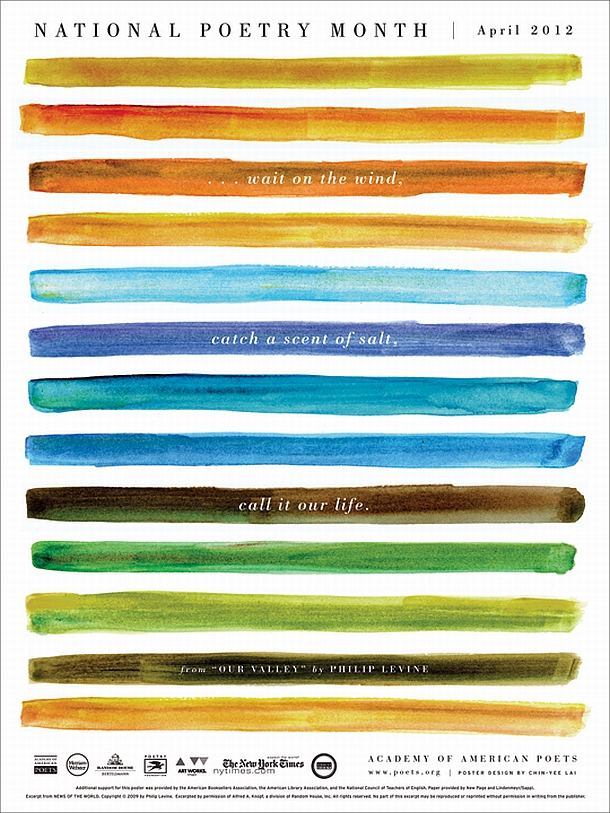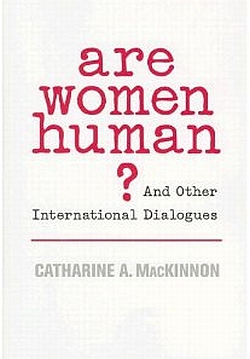![]() Technology brings much that is wonderful and good into our lives. However, used thoughtlessly, it can make us less than who we should be or less than who we are.
Technology brings much that is wonderful and good into our lives. However, used thoughtlessly, it can make us less than who we should be or less than who we are.
Social media formats such as FaceBook can help us stay connected and can be a way to develop richer and deeper relationships in real life — or, and this happens all too often — it can be a way to avoid deeper relationships or face to face encounters in real life. Social media and technology devices can make us more isolated and lonely – unable to enjoy solitude or deeper relationships. Connecting deeply with ourselves – enjoying solitude – and connecting deeply with others are both learned skills, afterall.
Sometimes I am asked why I have chosen to study for my Doctorate in Ministry rather than a Ph.D. This is why. Like a Master in Divinity, a Doctorate in Ministry develops the whole person including relationships, not just the mind. This is an important distinction.
We are who we are as persons because of the kind of relationships we have. We form our personhood with the depth and richness of healthy relationships we bring into our lives. On this website there are many posts about focusing on healthy relationships and minimizing unhealthy ones. There are many posts on examining genetic or “family” relationships to verify that they really are healthy and life giving.
Meanwhile, social media formats like FaceBook can all too easily minimize real connections with real people in real time. While this makes life easier, it also makes us feel less. Experiencing all of our feelings, both pleasurable and painful, is what makes us human. Developing the capacity for real joy means that the capacity for experiencing deeper pain emerges too. In the end, this is what makes us compassionate, gives us depth and helps us see reality as it actually is – rather than through the limited eyes of privilege.
To learn more, watch this enlightening, short TED video on what psychologist Sherry Turkle, who has studied the effects of social media, has to say here.
Once again, edit your life. Be thoughtful about the kind of social media and technology devices you use. Know why you use them. Monitor how they effect you and your relationships. Be prepared to make changes and eliminations if necessary.
You may also like InnerPeace – “Family Only” Idiocy, and The Dangers of Obedience and Compliance.




